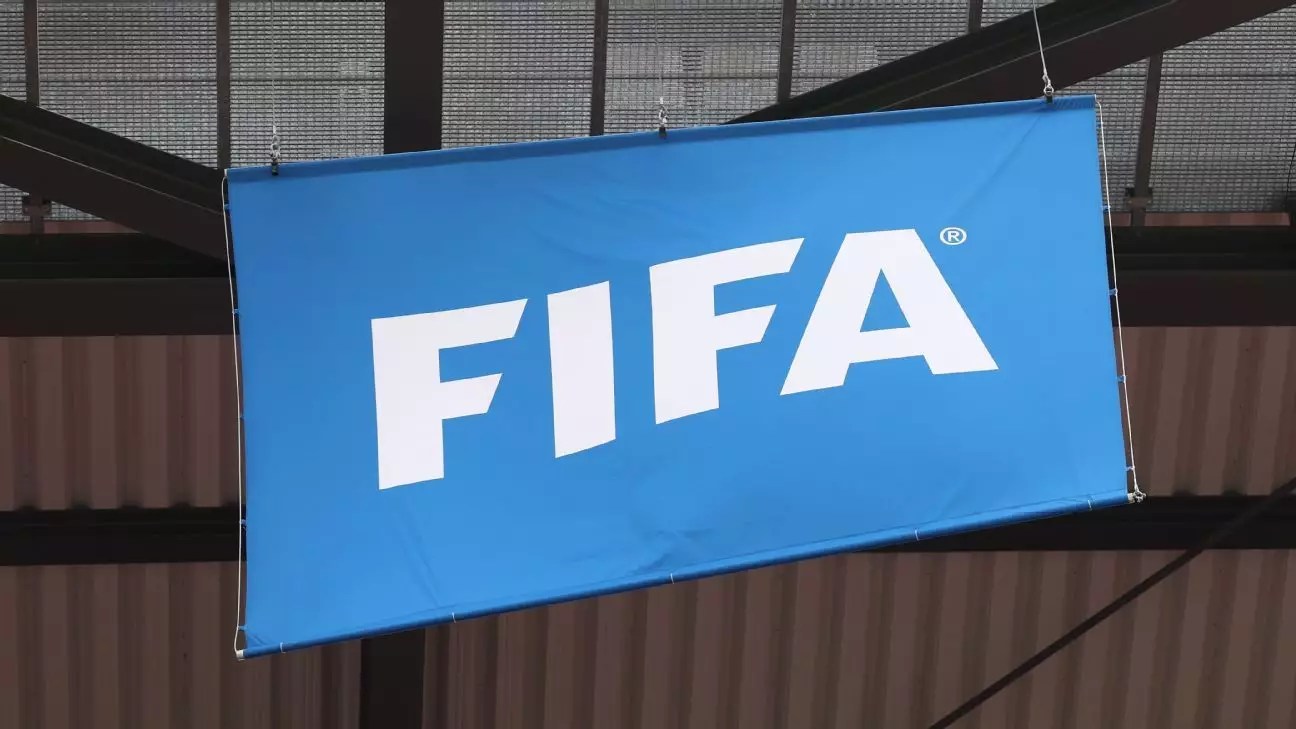In a historic move resonating across the sporting world, European football authorities and the players’ global union, FIFPRO, have joined forces to file an antitrust lawsuit against FIFA. This unprecedented action, taken in Brussels, marks a significant turning point in the relationship between players, leagues, and football’s international governing body. The core issue at stake revolves around the alleged imbalance of power held by FIFA, which simultaneously organizes major tournaments while regulating the sport globally. The ramifications of this lawsuit could redefine how football is governed and ultimately impact players’ welfare on unprecedented levels.
The Context of the Lawsuit
This legal action is borne out of longstanding frustrations regarding FIFA’s management of the football calendar. FIFPRO, representing the interests of professional players worldwide, argues that FIFA consistently neglects player welfare in favor of promoting its own tournaments, including the highly controversial expanded Club World Cup set to take place in the United States this summer. LaLiga President Javier Tebas emphasized the significance of this moment, drawing parallels to the reaction against the defunct European Super League, asserting that this lawsuit may be among “the most important days in football”. The Premier League’s Richard Masters echoed this sentiment, describing the situation as a “tipping point” in which player fatigue and workload concerns have gained unprecedented visibility.
FIFPRO’s criticisms are rooted in its ongoing attempts to engage FIFA in dialogues surrounding the heavy demands placed on players. According to FIFPRO, these discussions have consistently been rebuffed by the governing body. As players face increasing match commitments—culminating in alarming statistics not only regarding match density but also in player injuries—FIFPRO’s call for a realistic reassessment of the football calendar grows louder. Indeed, their own research suggests strong support among players for reducing calendar congestion and instituting a mandatory rest period to mitigate fatigue.
The statistics speak volumes; a considerable percentage of players reported excessive match loads, with a staggering 17% having participated in over 55 matches last season alone. This heavy workload only amplifies the risks of injuries, further straining player wellbeing and performance. The gap between the realities faced by players and the decisions taken by FIFA continues to widen, thus fueling FIFPRO’s resolve to take legal action.
FIFA’s Defense: Justifying the Current Structure
In contrast, FIFA stands firm on its calendar, asserting that its current model was approved at various governing council meetings where stakeholders like FIFPRO and domestic leagues were represented. They maintain that their calendar serves a vital function in preserving the ecosystem of both international and club football. FIFA believes the upcoming Club World Cup, held every four years, will minimally impact player welfare due to its limited match scheduling.
However, scrutiny of this assertion reveals a disconnect between FIFA’s governance and the on-the-ground realities faced by players. While FIFA can argue a lack of calendar congestion based on average matches played, this does not account for the intense pressure faced by elite players and clubs engaged in multiple competitions concurrently.
This lawsuit is not an isolated incident; it represents a growing discontent within European football regarding FIFA’s governance. Legal actions from players’ unions in England, France, and Italy indicate a rising tide of opposition against FIFA’s administration, especially concerning players’ rights and mandated rest periods. This actionable shift emphasizes a collective realization that current power dynamics may overlook the very individuals who propel the sport forward: the players.
By seeking to reestablish a balance of power, these unions advocate for necessary safeguards for players—including holiday rights and stipulated periods for recuperation—aiming to ensure that professional football remains sustainable long-term.
The filing of this antitrust lawsuit against FIFA signals a watershed moment in the governance of football. The fragile equilibrium between player welfare, domestic leagues, and FIFA’s oversight is at the forefront of current dialogue and legal scrutiny. As stakeholders rally around the need for reform, the outcomes of this lawsuit could have profound implications for how football is structured and governed in the future. The outcome will likely dictate whether FIFA can adapt to the needs of modern football or whether it will face increasing pressure from the very entities it aims to regulate. Thus, it stands to reason that the voices of players, leagues, and even fans will play an instrumental role in shaping football’s next chapter.


Leave a Reply